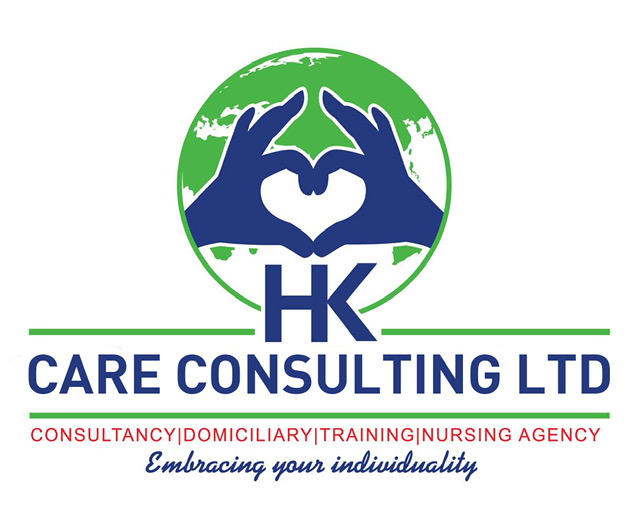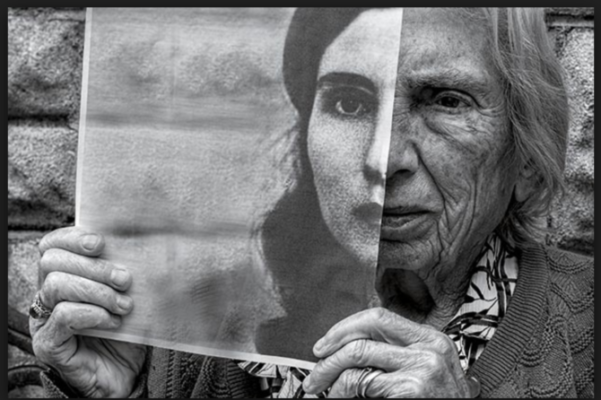PALLIATIVE CARE
For a couple of years, I cared for many people with terminal illnesses and provided palliative care. People always asked me ‘do you not find it hard looking after people that are dying?’ Does it not make you sad, day in day out?’ My answer was always ‘it is the most job satisfaction I get from being a nurse.’ I often then got a confused glare as if my answer was the strangest thing they had ever heard. However, they soon understood my reasons as I explained why. Caring for a person in the last days of their lives and making sure that they are kept comfortable, as pain free as possible and in a highly-dignified manner is the most rewarding thing I believe I can do for a person. From experience, I have learnt how important it is to respect such individuals to make informed decisions about the care they want to receive before and after they leave this world. It is essential for them to plan with their loved ones and health care professionals to put in place so that their wishes are known and met. Nonetheless, it is probably one of the hardest conversations to have and planning to do but the benefits are underestimated. Every palliative care receiver should be made aware of their voice and be assured that it will be heard. It’s great to get medical advice and health care professionals to inform us about their recommendations but wouldn’t we all want to have a say and express our needs and wishes? The care we provide or receive should not be generalised but instead be person centred like the individualised people we are. I found that many of the people I cared for would have preferred to be in the comfort of their own homes for the remaining of their lives which brings me to the importance and benefits of end of life training. It is very important that all health care agencies working in the community must train confident and competent staff to deliver person centred, end-of-life care to ensure that the needs of the individual and those closest to them are met well. End of life care training is very beneficial because it allows staff to be competent, confident and better prepared to support people to die in their chosen setting. I also believe that it is crucial that end of life care education and skills are shared with all staff that care for those in the last stages of their life, not just specialist staff.

A national report ‘a different ending’ published by CQC in May 2016 reviewed many different people’s experiences of end of life care all around England. The report highlights many examples of good practice. However, the report shows that the quality of end of life care for some groups is still at some unsatisfactory standards. Everyone approaching the end of life should receive high quality, personalised care.

The Cheshire and Merseyside Palliative and End of Life Care Network and the Greater Manchester, Lancashire and South Cumbria Strategic Clinical Network devised a program which is The Six Steps to Success. The programs are based on the Six Steps described in the Route to Success, which are guides to improve end of life care. The programs aim to support staff to develop their roles around end of life care and to make sure all people at the end of their lives receive high quality care provided by organisations that deliver palliative care. End of life care champions within the organisations are supported to develop their knowledge, skills and confidence and they are encouraged to empower staff within the organisations to deliver quality end of life care.
Many studies and experiences of health care professionals clarify how essential it is to have the correct training for end of life care to ensure that clients receive the utmost high quality of care during the end of their lives.

Ask yourself what would be important to you during your last days and how would you feel if those needs you identified were not met? We need to remember to always treat others with the respect we expect for ourselves and would want for our loved ones. We can all make a change in somebody’s life. Every little kindness goes a long way. Remember that a person reaching the end of their life was once living just like you and me, was once young and never anticipated what has become their destiny. Let’s not limit the standards of care we can provide or receive. Let’s not lose compassion and always make sure we put ourselves in other people’s shoes.



